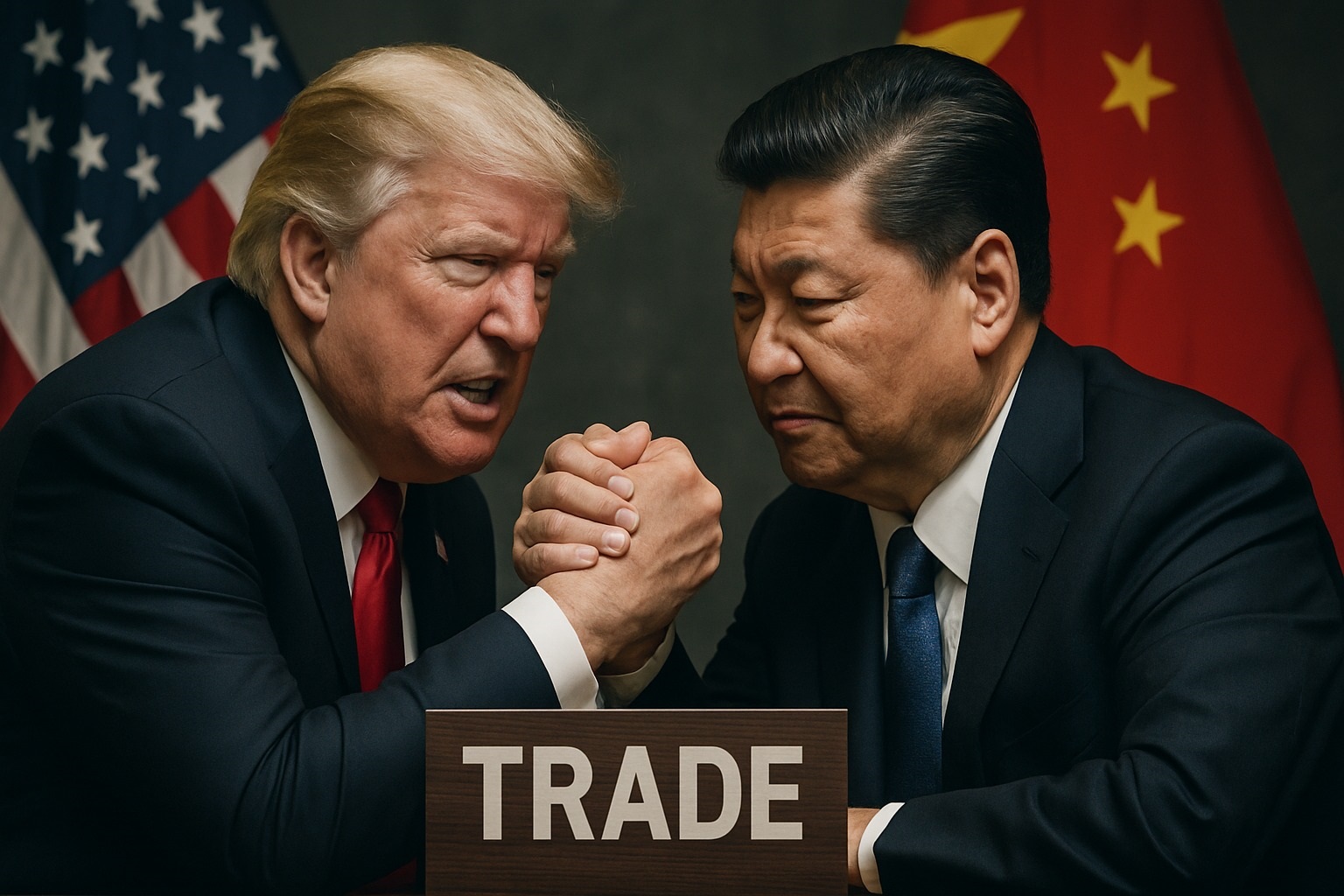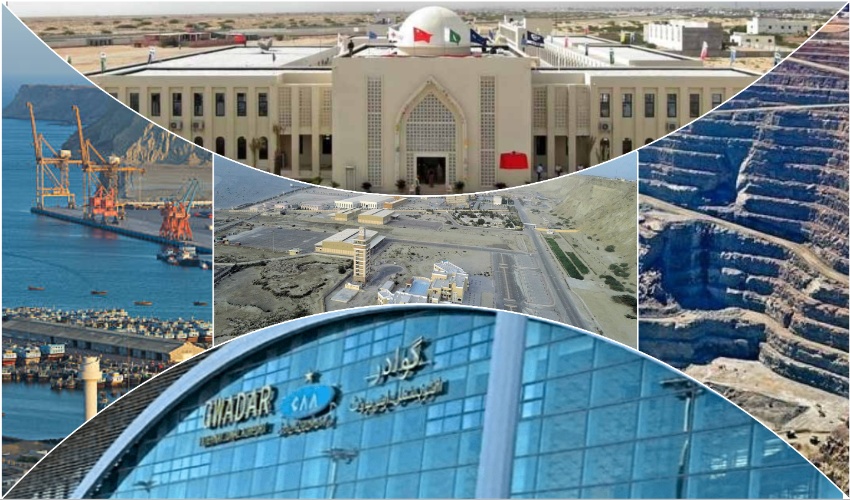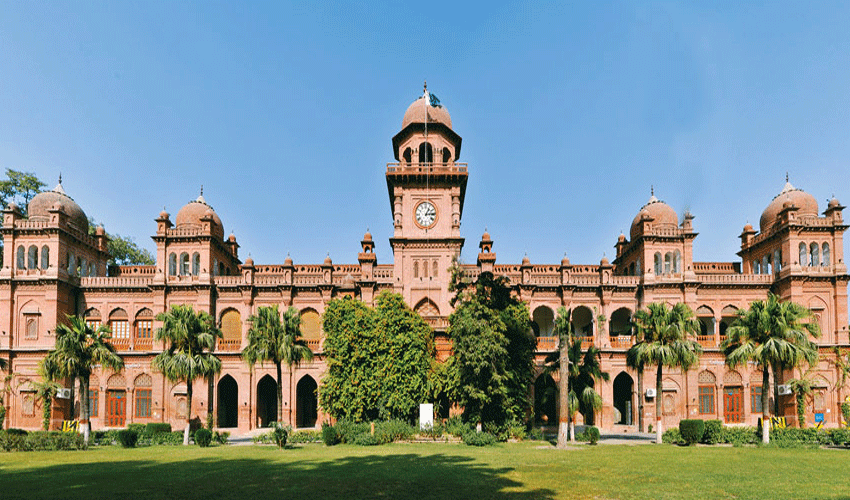In recent times, Pakistan has been witnessing a significant surge in various sectors, leading to strong economic growth. This upward trend is not limited to a single sector, but is comprehensive growth seen across multiple industries and sectors of the economy.
From regional exports to textile imports, fish exports, and even progress in agriculture and energy sectors, the country has been making substantial progress. These developments are not only adding to the overall economic stability of the country, but are also improving its trade relations with other countries, thereby indicating a promising path for its future economic growth. Let’s delve deeper into these recent developments:
- Pakistan has generated $123.86 million through fish exports in four months. The seafood industry plays a pivotal role in the country’s economy, offering employment opportunities and contributing to foreign exchange earnings.
- The United Nations Food and Agriculture Organisation (UN FAO) has initiated 40 ambitious projects aimed at transforming agriculture in Pakistan. These projects are anticipated to enhance agricultural productivity, improve food security, and stimulate the rural economy.
- Pakistan’s regional exports have experienced a substantial increase of 14.21% in just four months. This growth signifies a positive trend in the country’s trade sector, demonstrating the effectiveness of the government’s export policies and the competitiveness of Pakistani products in the global market.
- Kazakhstan has shown interest in importing more textiles from Pakistan, providing a $2 billion market. This development not only creates new opportunities for Pakistan’s textile industry but also fortifies bilateral trade relations between the two nations.
- The Economic Coordination Committee (ECC) of the Cabinet has sanctioned a Rs423 million Tech Supplementary Grant (TSG) for targeted gas projects in Sindh. This initiative is part of the government’s efforts to enhance the energy infrastructure in the region.
- The Pakistan Stock Exchange has surpassed the historic 60,000-point mark, reflecting the escalating confidence of investors in the country’s economy.
- Pakistan and Kuwait are about to sign seven memorandums of understanding (MoUs) on manpower, energy, and defence, finalizing a $10 billion investment deal. Similarly, Pakistan and the UAE have signed MoUs worth multibillion dollars. These agreements are projected to bring substantial foreign investment into the country, boosting economic growth and creating job opportunities.
- A UAE mineral giant is considering a mining venture in Pakistan, with plans to invest around Rs2.5 billion in establishing a mineral-based business. This investment will not only add to the country’s economy but also aid in the development of its mining sector.
- The federal government has decided to initiate health programmes worth Rs6.8 billion. These programmes aim to enhance the healthcare infrastructure and provide quality healthcare services to citizens.
- To prevent the illegal entry of goods into the country, the government has announced a 10% processing fee on items imported under the Afghan transit trade agreement. This measure aims to deter smuggling and ensure proper taxation.
- The Apex Committee of the Special Investment Facilitation Council (SIFC) has given a unanimous nod to various initiatives to be discussed with friendly nations. The committee has instructed to expedite the implementation of various projects conceived under these initiatives. Businessmen have suggested a collaboration between SIFC and CPEC, indicating the potential for increased foreign investment in the country.
- In a move against water theft in Karachi, over 150 hydrants have been demolished and 1,200 illegal connections have been severed. This initiative is part of the government’s efforts to preserve water resources and ensure their fair distribution.
- Effective anti-smuggling measures implemented in Balochistan have resulted in significant relief for Pakistanis. Previously, millions of dollars were smuggled into Afghanistan every day. With the implementation of effective anti-smuggling measures, the value of the dollar has declined, indicating that the economy is stabilising. The prices of essential commodities like petrol and flour have also decreased, providing relief to the common man.
The anti-smuggling initiatives in Balochistan have proven to be successful, bringing substantial relief to the people of Pakistan. Earlier, smuggling activities resulted in the outflow of millions of dollars into Afghanistan on a daily basis. As reported by Bloomberg, traders and smugglers were moving as much as $5 million per day.
However, the implementation of robust anti-smuggling measures has led to a significant economic turnaround. The value of the dollar has decreased from Rs315 to Rs276, indicating a stabilisation of the economy. This has also resulted in a drop in the prices of essential commodities, with petrol prices falling from Rs330 to Rs283 and the price of flour decreasing from Rs10,000 to Rs7,500. - In addition to this, the security forces have been successful in seizing a large quantity of urea that was being smuggled into Afghanistan. This has led to a reduction in the market price of urea from Rs600 to Rs500 per sack. These collective efforts are a testament to the effectiveness of the anti-smuggling measures and their positive impact on Pakistan’s economy.
- The Forex Association reports that around $1 billion has been deposited into banks after a crackdown. The daily average trading volume of currency dealers has surged from $5-$7 million to an impressive $50 million.
- The current account deficit has improved significantly to $1.1 billion during Jul-Oct FY24 as compared to $3.1 billion during Jul-Oct FY23. This improvement reflects the effectiveness of the government’s fiscal policies and the resilience of the country’s economy.
These developments indicate a positive trajectory for Pakistan’s economy. The government’s policies are yielding results, with improvements in trade, investment, and fiscal indicators.
The writer is a musician, filmmaker, and journalist.



























